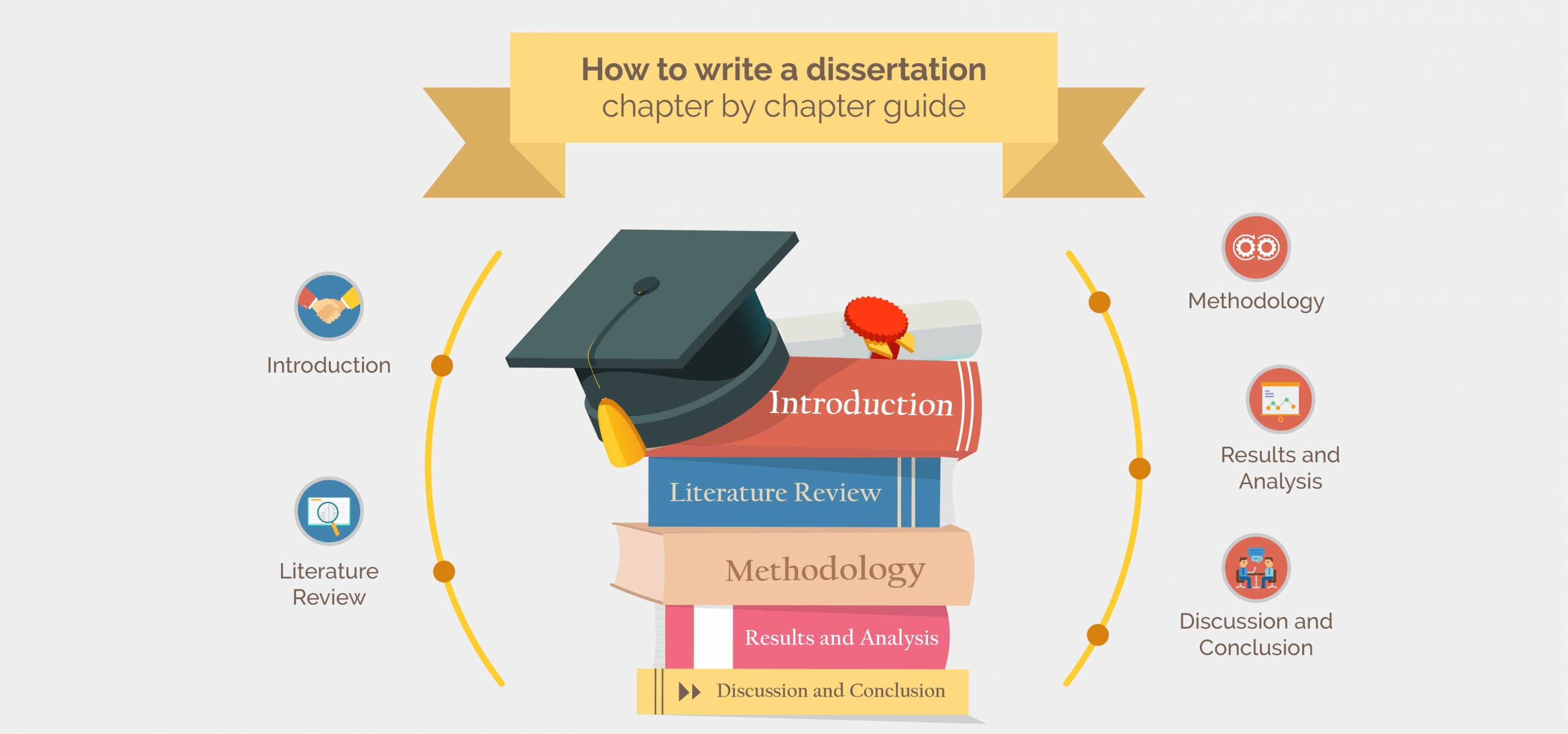Writing Dissertation Proposal
If you’ve been tasked with writing a dissertation proposal, you may be among the many students who at first feel a little overwhelmed by putting it together. What is a proposal? How should it be presented? What should I include? What should I leave out? What is my supervisor looking for? These are all common questions that we hear students ask over and again.
To help answer these questions and more, this guide will walk you through what a dissertation proposal is, the reasons for its existence and the steps you can take to ensure yours hits the mark.
What is a dissertation proposal?
A dissertation is a long-form piece of academic writing. The first step, is to choose your topic (also known as a dissertation title). After that, you’ll need to formulate a research question, which is where the dissertation proposal comes in.
A dissertation proposal should cover in detail the research question you are going to analyze and how you plan to conduct your primary and secondary research. To help guard you from criticism when your work is marked, it should also cover any expected limitations in your research, ethical considerations and reasons for your choice of data sample. A dissertation proposal will usually comprise the following sections:
Sections of a dissertation
- Introduction
- Main body, comprised of:
- Literature review
- Methodology
- Aims and objectives
- Limitations
- Ethical considerations
- Timeframe
- Mini-conclusion

Not all departments of a university will require you to write a proposal as part of the dissertation, but many will. Once written, you should schedule a meeting with your supervisor to discuss it. You can then use their feedback to make any changes before you begin conducting your research and writing the main body of the dissertation.
Bear in mind that a dissertation proposal can be fluid; it can manifest and develop as you move through your dissertation journey. The research you carry out and the findings you get may prompt you to tweak your research question, or possibly rewrite it altogether.
Tip: whether you’re writing an undergraduate or postgraduate proposal, it’s vital you check your course and institution requirements prior to submission. The word count and format can vary between universities and between departments.
How to Ensure Quality in The Dissertation Proposal?
Whenever this question is aroused, the first thing that comes to mind is the “style of composition.” Normally, everyone thinks quality depends on how well one can write. But that’s what goes out of mind is the importance of outline. The more organized your paper, the better is its quality.
Would you like to watch a movie, whose trailer has no particular pattern? Certainly, not! It will only confuse the audience and nothing more than that. Similarly, readers land into utter mystification if the proposal lacks a proper outline. It is important to note that many universities will require you to have a dissertation proposal before writing the dissertation itself.
Why is a proposal so important?
Overall, a dissertation proposal is essential in preparing you for the dissertation writing process. If done correctly, it will work in much the same way as an in-depth essay plan, providing you with guidance you can use when writing the main body of the work. What’s more, it will actually serve to make beginning your dissertation decidedly less frightening.
It’s important to note that your dissertation proposal doesn’t need to be set in stone. It can and should be subject to much change during the entire dissertation process. You may even find that your original research question changes entirely. Perhaps you’ll discover that there’s not enough evidence to support your original line of argument, or that your chosen topic is too broad and requires further refinement.
Either way, make sure you a) book in regular meetings with your supervisor, b) adhere carefully to your university’s regulations and c) list the sources that you come across as you do your research, to make sure that they are ready to be included in your bibliography at the end of your work.

As mentioned previously, the first stage in your dissertation process will be to read around your subject area and choose a topic. Sounds simple enough, but deciding what to research can be an overwhelming task for some.
The steps before the proposal: reading and selecting a topic
One of the easiest ways to begin honing in on a specific topic is to go back through all of the lecture slides, notes and assignments that you have completed so far.
Was there a topic that you were particularly interested in? Was there a concept that you thought could have been developed further? Or have you noticed a stark lack of scholarship in your research for an assignment, that suggests to you that further research into this particular subject area is needed?
If you answered no to these questions, then try going with a more general area of personal interest. In this case you can start by looking at relevant journals and publications until you find a more explicit direction.
However you go about choosing your topic, make sure that you make notes of all publications that you use in your research. You will need to include them in your bibliography later on, so it makes life easier if you note them now.
Tip: Above all, make sure that your topic is something that you find exciting/interesting enough to study in depth over a long period of time – getting fed up halfway through will not help with your motivation!
Narrow your focus and choose existing literature
It is important to ensure you read widely concerning your subject area. This way you will be able to get a definite research question. Sometimes when you are looking for materials and sources for your subject area, your area of Interest could be having outdated information that is not applicable now.
It is important to know how to go about this and you could do more research concerning the same in recent researches. It is important to know that the kind of materials that you use will also contribute to the marks that you get. Get to know the date of publication of the sources you are using. It is important to know the changes that have happened in the research that you are considering that may affect your research.
It is also important to identify any errors that the author presented. For example, when you identify methodological errors the results of the research may be insignificant. It is also important to consider ethical issues that may arise in the studies so that they can be corrected on the same concerning the topic.
Consider whether the author that presented the results had any kind of biases. It is also important that you consider the external factors that could affect the findings.
When you are able to identify this correctly you will be able to know what to include in your research and this will be able to earn you high marks. After you do your research carefully and correctly it is time to put the pen in the paper.
Sometimes you may not be completely certain concerning your point. You can consider getting the guidance of your supervisor who will be able to help you and guide you on the direction that you need to take.
At this point, you should be able to have clarity concerning your research and have in mind the kind of conclusion you will have. Depending on your course you will are going to either use qualitative analysis or quantitative analysis. When you are creating your dissertation proposal, it is important to ensure that the structure is well-planned.
Summary
The final dissertation should be the crown of all years of studies. It is the most significant of all research that you did and the conclusion of all the skills and knowledge earned during college or university years. The degree it brings you is the ultimate proof of academic success. Moreover, it will be beneficial for your future career.

Ready to have your dissertation written?
A good dissertation proposal sets you up for success in the journey of completing a dissertation. It does not need to be exact, and it is expected that you might change certain parts of your research project as you go along; however, your proposal should provide you direction. Even if submitting a research proposal is not a requirement of your particular program, it is still worth developing your outline of the dissertation. See it as an investment that, if properly done, will likely save you some time in the long run.

